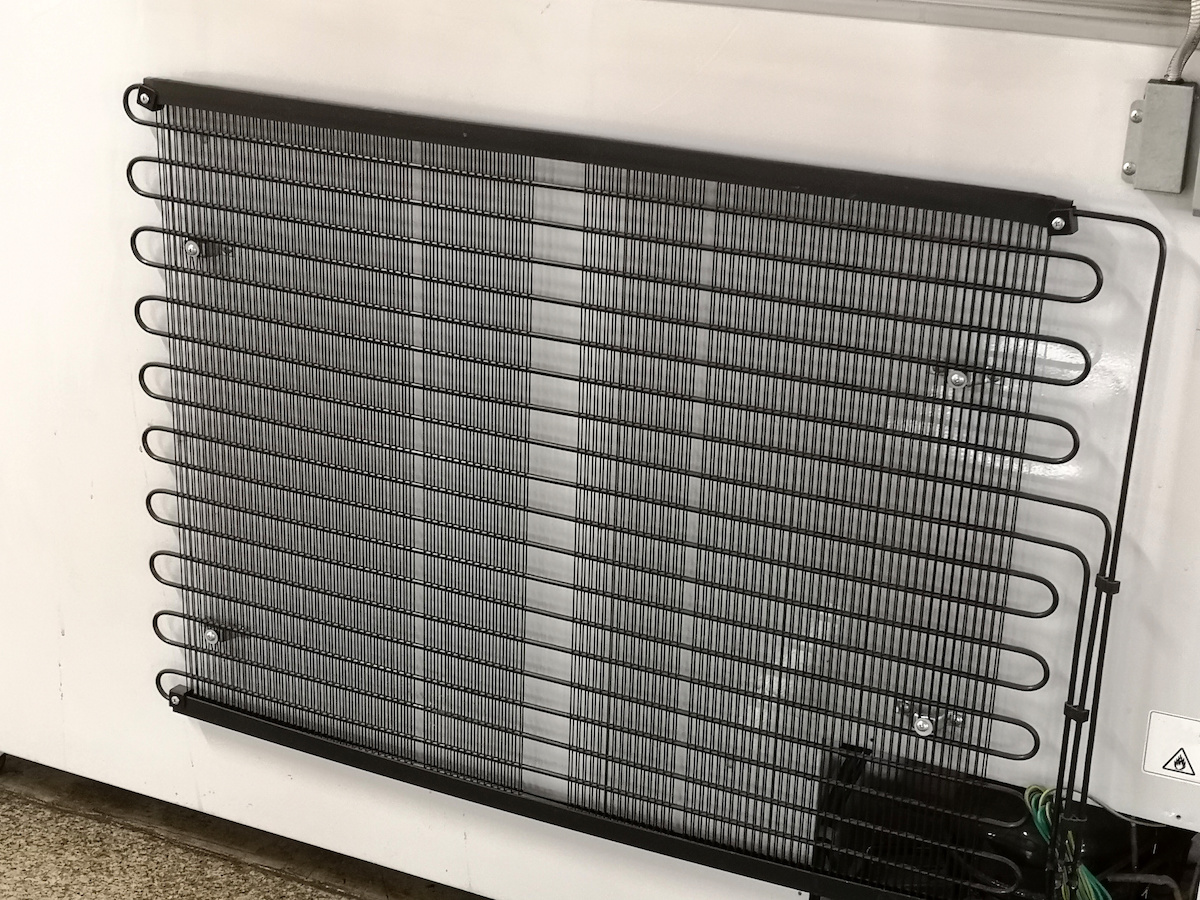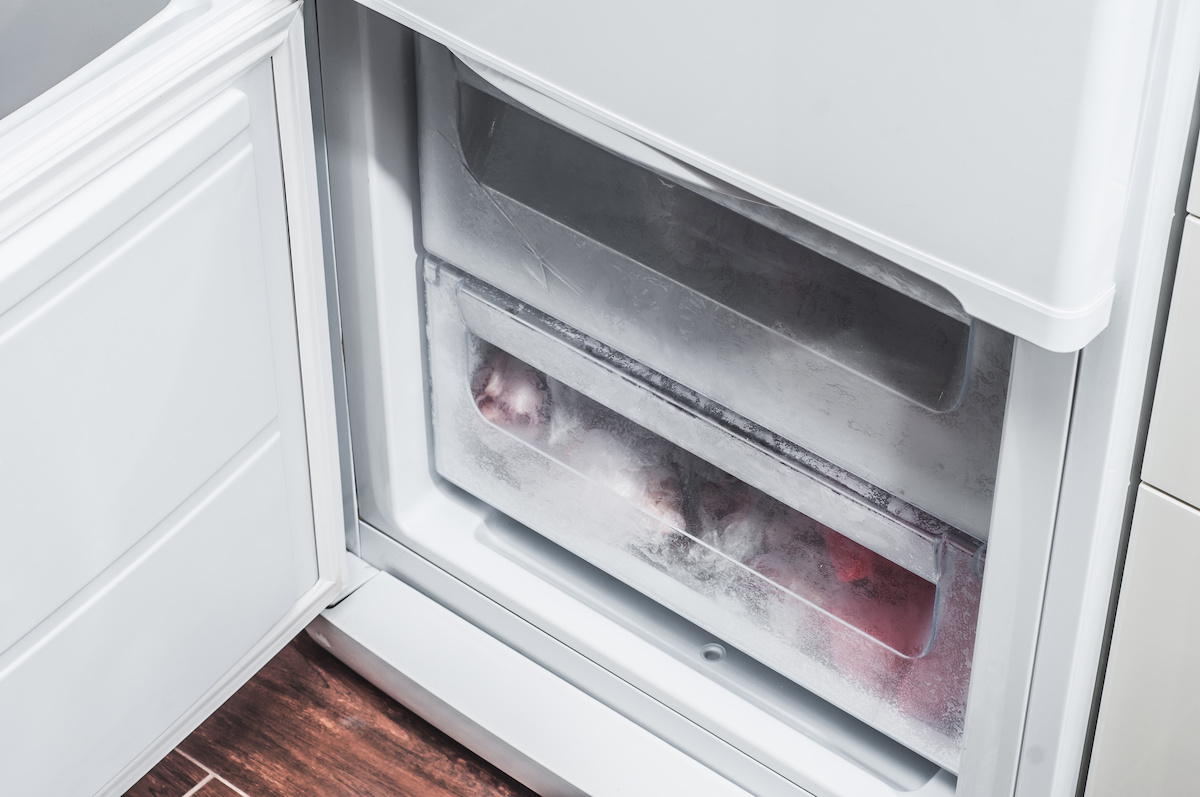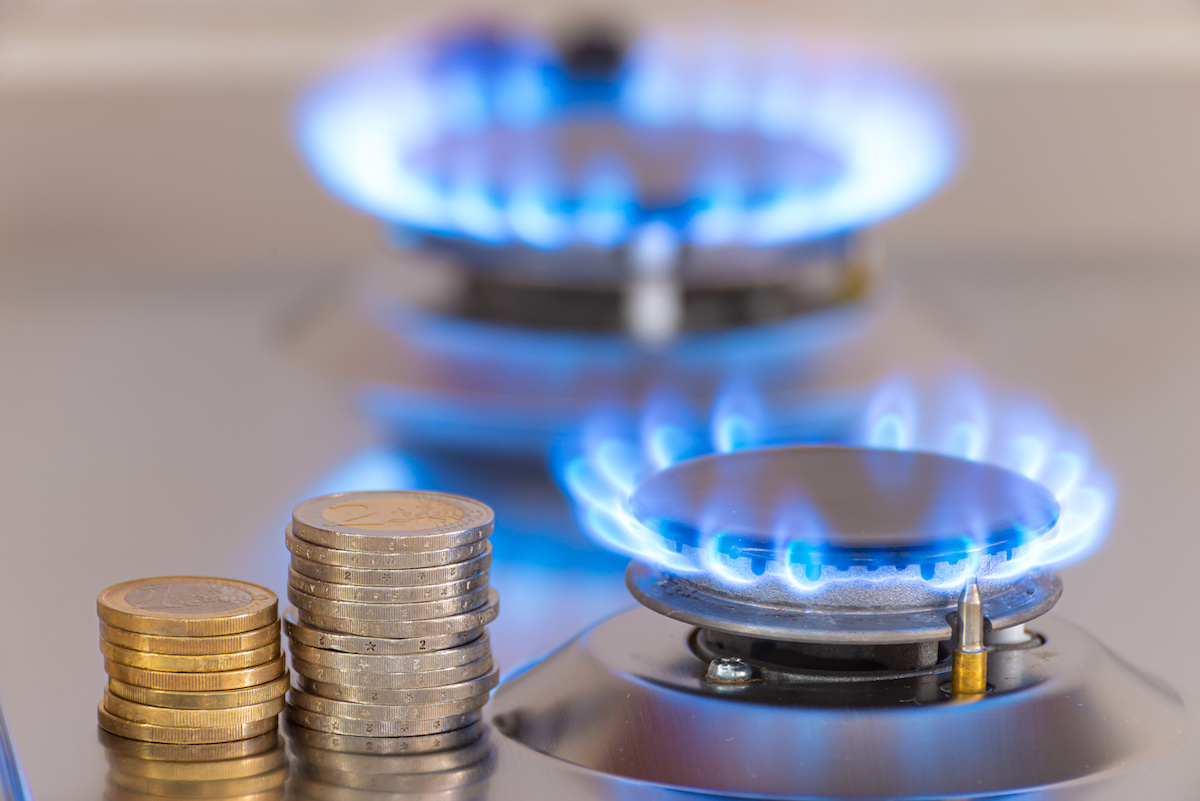
How Much Energy Do My Appliances Use?
After checking your energy bills, you may be asking, how much energy do my appliances use?
In today’s world, we rely heavily on household appliances to make our lives easier and more convenient. From refrigerators to washing machines to ovens, these appliances are an essential part of our daily routines.
However, what most people don’t realize is that these appliances can drain a significant amount of energy, leading to higher electricity bills and a negative impact on the environment.
As the world becomes more energy-conscious, it’s important to understand the energy usage of our household appliances and take steps to reduce our consumption wherever possible.
In this article, we’ll take a closer look at:
- The factors that affect energy consumption
- An overview of the energy usage of common household appliances
- Tips on how to reduce your energy usage
- The importance of Energy Star certification and how it can help you make informed decisions when purchasing new appliances
By the end of this article, you’ll have a better understanding of the impact your appliances have on your energy consumption and how you can make realistic changes to reduce your carbon footprint.
What is Energy Efficiency?
Energy efficiency refers to the ability of an appliance to perform while using the least amount of energy possible.
In other words, it measures how much energy an appliance uses to do its job.
Energy efficiency in a home can be achieved through a variety of means, such as:
- Using more advanced technologies and appliances
- Reducing the amount of energy wasted
- Improving the insulation of buildings to reduce heating and cooling costs
Energy efficiency is usually measured in terms of energy consumption per unit of time, usually per hour or per year.
Calculating Energy Efficiency
The formula for calculating energy efficiency is simple: divide the energy used by the appliance by the time it took to use it.
For example, if an appliance uses 100 watts of power for one hour, its energy consumption would be 100 watt-hours. Energy efficiency is then calculated by dividing the output of the appliance by the energy input.
Understanding the energy efficiency of your appliances can help you pinpoint where you are over-consuming and modify how often you use that appliance or if it’s worth considering buying a more efficient model.
Factors That Affect Energy Usage
There are several factors that affect the energy consumption of household appliances.
The size of the appliance is one of the biggest factors – larger appliances tend to consume more energy. For example, refrigerators and dryers consume less energy than microwave ovens.
The age of an appliance is another factor to consider, as older appliances tend to be less energy efficient. If you’ve purchased an appliance more recently, it likely uses less energy.
The type of appliance also plays a role – refrigerators, for example, consume more energy than other appliances due to their continuous operation, whereas a dishwasher would consume less.
The frequency of use is another important factor – an appliance that is used frequently will consume more energy over time.
Energy Consumption of Common Appliances
Household appliances come in a variety of shapes and sizes, and as we mentioned previously, their energy consumption can vary widely depending on a variety of factors.
Here’s a breakdown of the energy usage of some common household appliances:
Refrigerators
The refrigerator is one of the most energy-hungry appliances in your home, accounting for up to 15% of your household’s energy consumption.
A standard, older model refrigerator can use up to 1,200 kilowatt-hours (kWh) per year, while a newer, Energy Star-certified model can use as little as 350 kWh per year.
To reduce energy usage, consider:
- Upgrading to an Energy Star-certified refrigerator
- Keeping the temperature between 37 and 40 degrees Fahrenheit
- Avoiding frequent opening and closing of the door
Washing Machines and Dryers
The washer and dryer are also major energy consumers, accounting for up to 13% of your household’s energy usage.
Front-loading washers tend to be more energy-efficient than top-loading washers, using up to 40% less water and 25% less energy per load. Similarly, gas dryers tend to be more energy efficient than electric dryers.
To reduce energy usage, consider:
- Using cold water for washing clothes
- Using the dryer only when necessary
- Cleaning the lint trap after each use
Dishwashers
A dishwasher can account for up to 2% of your household’s energy usage. A standard dishwasher can use up to 1,800 kWh per year, while a newer Energy Star-certified dishwasher can use as little as 234 kWh per year.
Energy-efficient dishwashers use less water and energy because they have advanced features. They also often have settings such as “Eco” or “Energy Saver” that use less energy and water per cycle.
It’s also important to note that using a dishwasher instead of washing dishes by hand can save you up to 5,000 gallons of water per year.
To reduce energy usage, consider:
- Upgrading to an Energy Star-certified dishwasher
- Scraping food off dishes instead of rinsing them
- Only running the dishwasher when it is full
- Using the “air-dry” setting instead of the “heated dry” setting, which saves up to 15% of the energy used during a wash cycle
Ovens and Stoves
The oven and stove are other high-energy-consuming appliances, accounting for up to 4% of your household’s consumption.
As a general rule of thumb, gas stoves tend to be more energy efficient than electric stoves, but electric ovens tend to be more efficient than gas ovens.
To reduce energy usage, consider:
- Using the oven and stove less often
- Cooking multiple dishes at once to reduce energy usage
- Using the right size burner for the pot or pan being used
Televisions and Cable Boxes
The television and cable box are two appliances that consume energy even when they are not in use.
These appliances account for up to 4% of your household’s energy usage.
To reduce energy usage, consider:
- Unplugging the appliances when not in use
- Using a power strip to turn off multiple appliances at once
- Upgrading to an Energy Star-certified television
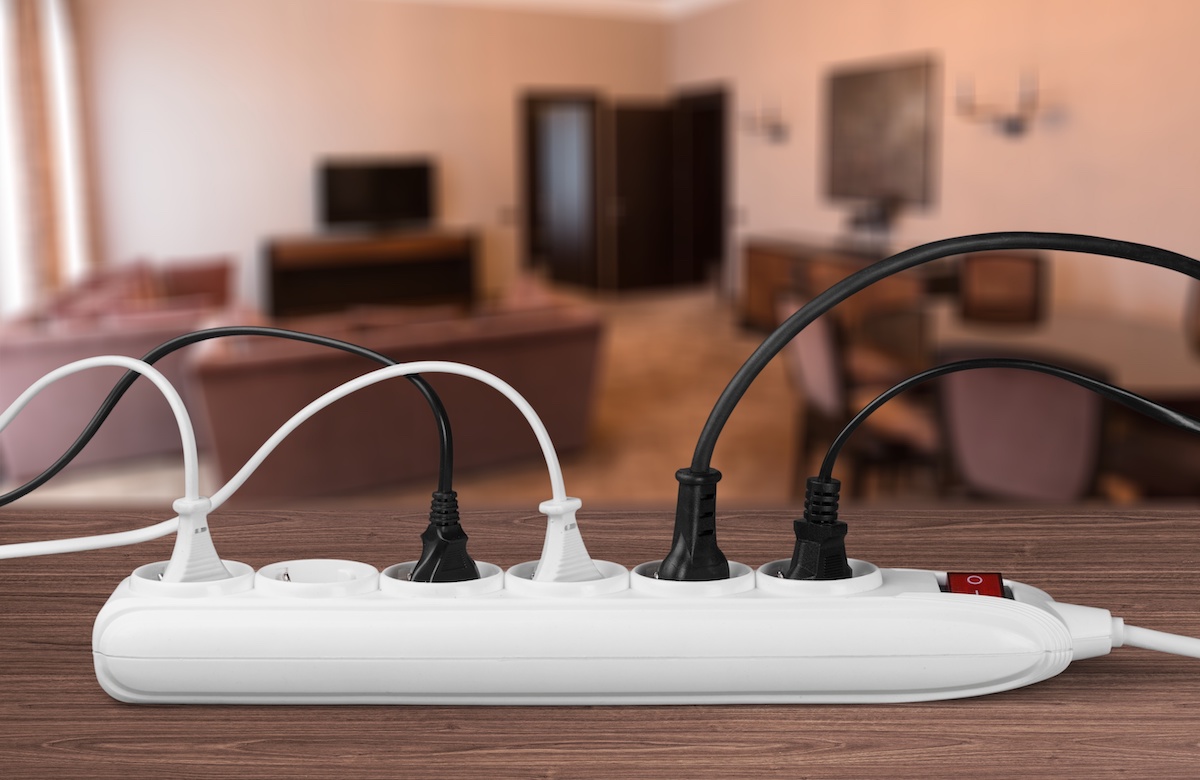
Computers and Other Electronics
Computers, printers, game consoles, and other electronics are very common in households and can account for up to 3% of your household’s total energy usage.
To reduce energy usage by these appliances, consider:
- Turning off the computer and other electronics when not in use
- Using sleep mode instead of screensavers
- Unplugging appliances when not in use
- Using the power-saving mode if applicable
Tips to Reduce Energy Usage
There are several things you can do to reduce your energy usage and save money on your electricity bill.
Here are some tips to get you started:
Choose Energy Star-certified Appliances
These appliances are designed to be more energy-efficient, saving you money on your electricity bill while also reducing your carbon footprint.
Use Your Appliances Wisely
For example:
- Only run your dishwasher when it’s full, and use the economy cycle to reduce energy consumption.
- Don’t leave your TV on all day when you are at the office.
- Adjust the temperature of your thermostat before you leave for vacation.
Unplug Appliances When Not in Use
Even when appliances are turned off, they can still consume energy in standby mode. Some appliances that can easily be unplugged include:
- TVs
- Computers
- Gaming consoles
- Air fryers
- Coffee pots
Set Your Thermostat to a Moderate Temperature
Heating and cooling account for a significant portion of your energy usage, so setting your thermostat a few degrees lower or higher can save you a lot of money over time.
Switch to Energy-Efficient Light Bulbs
LED light bulbs use less energy than traditional incandescent bulbs and can last up to 25 times longer.
Keep Your Appliances Clean and Well-Maintained
Dirty or poorly maintained appliances consume more energy than those that are clean and well-maintained.
Consider working with an appliance repair service like Atlanta Appliance Services to set up a regular maintenance check. We will come to your house at whatever time is best for you, look at your appliances, and ensure they are working properly. Our team can also give you tips to:
- Prolong the life of your appliances
- Get them back on track and working well should there be an issue
- Reduce energy consumption for each appliance
Importance of Energy Star Certification
Energy Star is a program developed by the US Environmental Protection Agency (EPA) to help consumers identify energy-efficient products.
Energy Star-certified appliances use up to 30% less energy than standard models, which translates to significant savings on your electricity bill.
In addition, Energy Star-certified appliances help reduce greenhouse gas emissions, which contribute to climate change. It’s important to realize that your decisions do make a larger impact on our environment, so even a small change can make a big difference.
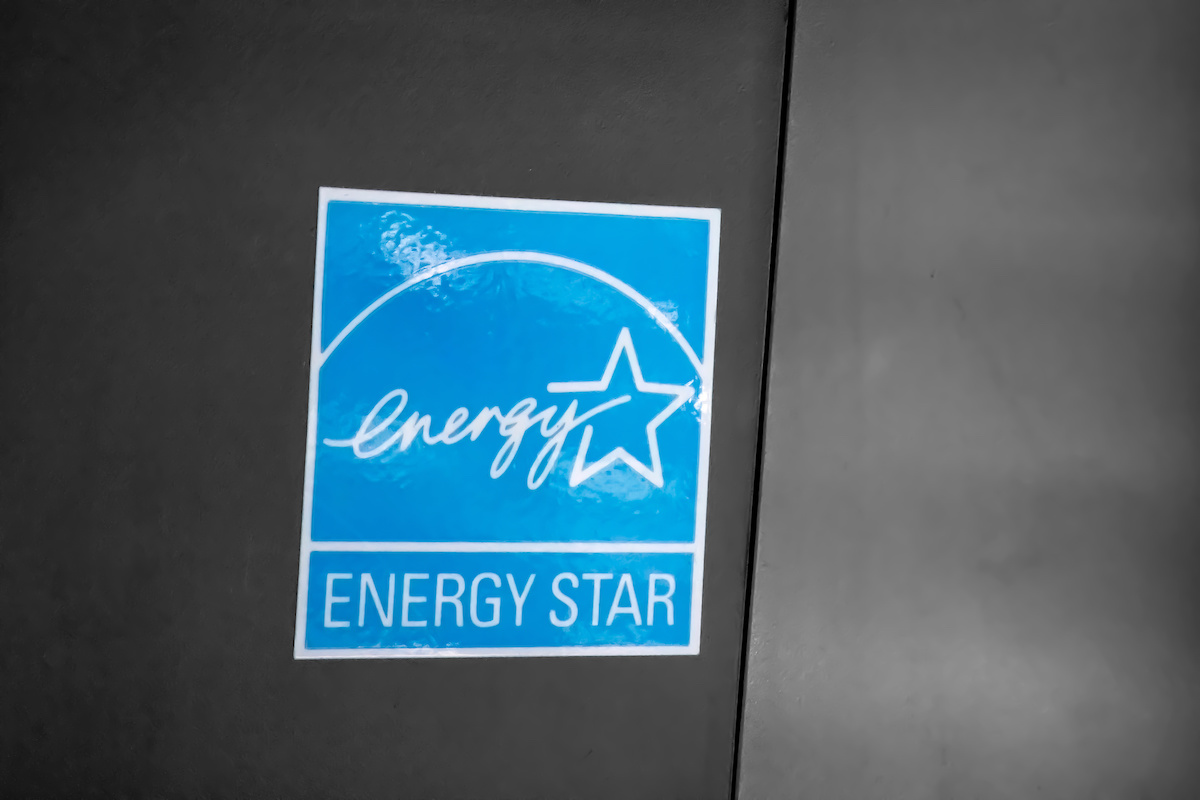
Keep Your Appliances Running Efficiently
Knowing the energy consumption of your household appliances is important for both your wallet and the environment.
You can significantly reduce your energy usage and save money on your electricity bill by:
- Choosing energy-efficient appliances
- Using your appliances wisely
- Adopting energy-efficient practices
Energy Star-certified appliances are a great option for those looking to reduce their energy consumption and carbon footprint.
Remember, small changes can add up to big savings over time, so start making changes today!

